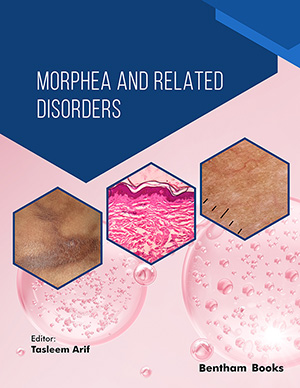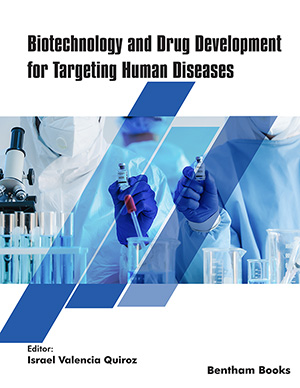Abstract
Background: The pleiotropic effect of cholecalciferol (vitamin D3) has gained significant momentum and has been explored widely.
Objectives: The study aimed to investigate the antimicrobial effect of cholecalciferol against S. aureus and E. coli.
Methods: An in vitro study was performed for the antimicrobial effect of cholecalciferol against S. aureus and E. coli. The minimum inhibitory concentration (MIC) and minimum bactericidal concentration (MBC) were determined following the broth microdilution method.
Results: The MIC value of cholecalciferol against both S. aureus and E. coli was 0.312 mg/ml, and the MBC for both organisms was 1.25 mg/ml. However, we also observed a significant antimicrobial effect in the dimethyl sulfoxide (DMSO) control at 12.5% (v/v). Therefore, the observed antimicrobial effect may be attributed to DMSO, indicating cholecalciferol does not directly inhibit S. aureus and E. coli.
Conclusion: This study indicates that cholecalciferol does not directly inhibit S. aureus and E. coli. Hence, we suggest exploring the antibacterial properties of other vitamin D analogs, such as calcitriol or its synergetic effect with other antimicrobial agents.
Keywords: Cholecalciferol, diabetic foot ulcers, Escherichia coli, Staphylococcus aureus, vitamin D3, antibacterial effect.





























